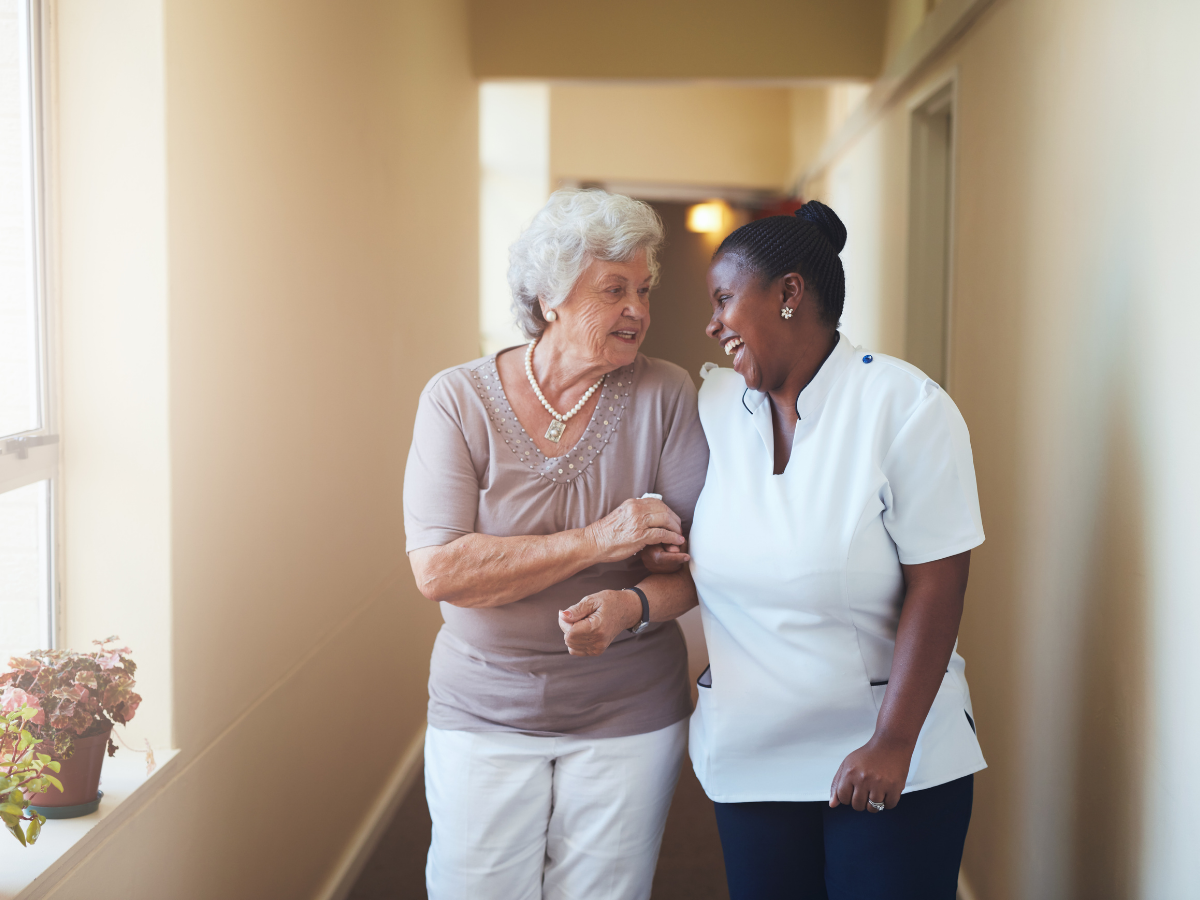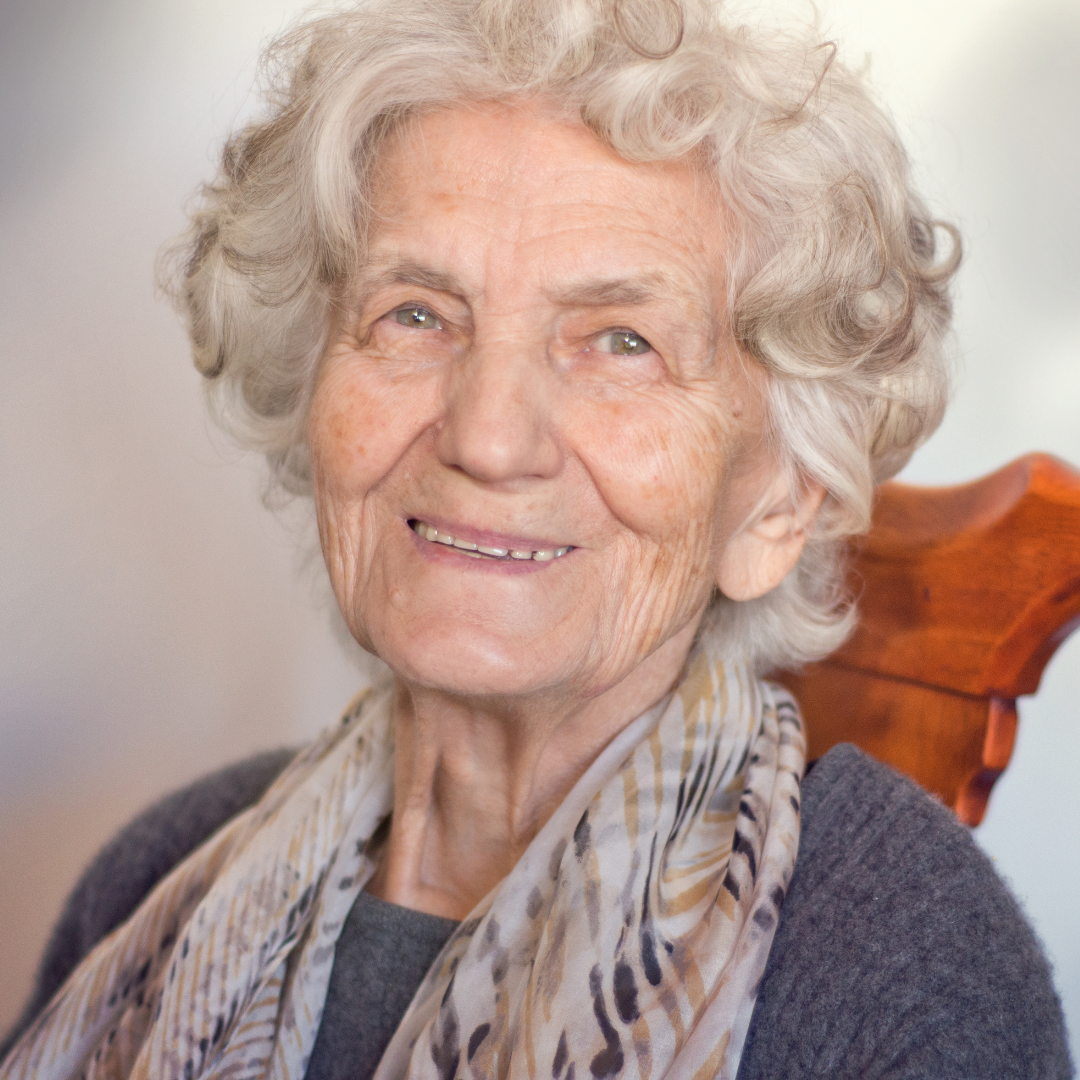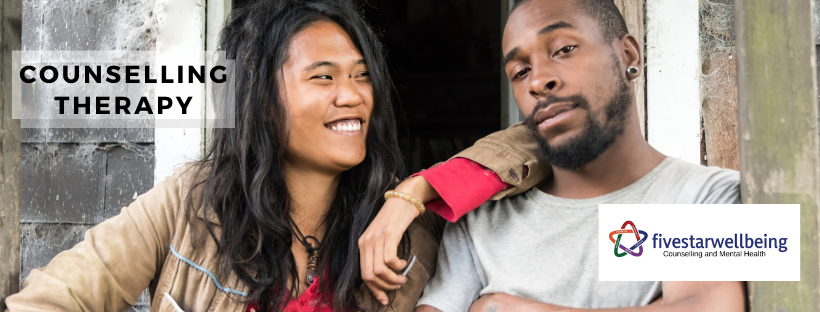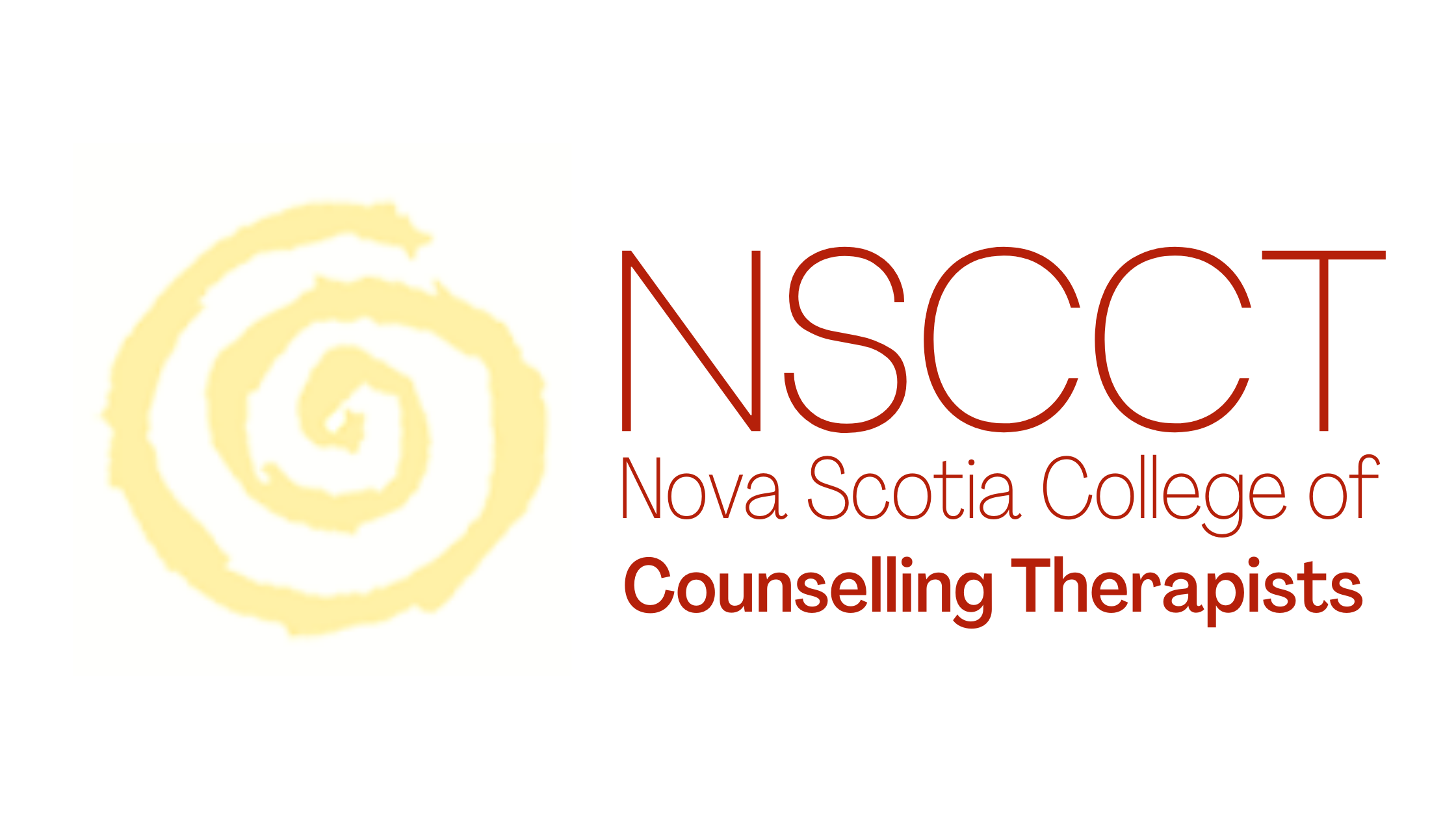As the COVID-19 Pandemic threatens a fourth wave on the world, International Self-Care Day provides an opportunity to highlight an essential skill at the heart of resilience, healing and burnout, self-compassion.
Self-compassion is a skill that combines both awareness and a motivation to act:
- It’s the moment a nurse, healthcare provider or personal care worker acknowledges their fatigue and need for rest
- It’s when a police officer, first responder or military personnel acknowledges the role trauma plays in their thoughts, behaviours and reactions, and their desire to heal
- It is the moment an employee recognizes that their workload has outstripped their capacity to do their job well, and considers asking for help
- It’s when a parent acknowledges they overreacted to their son or daughter and they need new parenting tools to avoid damaging their relationship
- It is the moment a partner finds themself acting from a place of fear, rather than from a place of love, and wants to be a better partner
- It is the process by which a senior looks back on their past experiences and circumstances, and begins to understand how their limited experience shaped their actions
Self-compassion is both the moment we see how our circumstances are impacting us, and our desire to heal.
Self-Compassion Versus Self-Care
When faced with added stress, we are often encouraged to practice additional self-care measures. Suggestions range from spending time with friends and family, going for a walk, attending a yoga class, taking part in a cultural event or playing a sport. Others include taking a bath, baking, tidying a room, calling a friend, or watching videos of cute animals.
But such activities only provide temporary escape and the relief is short-lived. Self-care activities by their very nature are done “off the job” or “outside the experience.” They do little to address the root of the problem, and or provide us with strategies in the moment.
Self-compassion research backed tool you can use to reduce stress and manage strong and painful emotions, take care of yourself, and avoid burnout.
What Causes Burnout
Many people believe that compassion itself drains caregivers. This is why burnout among caregivers is known as compassion fatigue. But research Indicates the problem would be best described as empathy fatigue.
Empathy is the ability to experience the feelings of another person. But unlike self-compassion it doesn't include embracing those feelings or taking action to nurture them. There’s a very distinct difference between empathy and compassion. Empathy says “I feel you,” while compassion says “I hold you.”
It’s not uncommon to see two employees with similar workloads affected differently. Why is it for example that one experiences burnout while the other doesn't? It's because overwork itself doesn’t cause burnout. It's the emotional energy being expended that matters.
Excessive work that is motivated by real or perceived threats is emotionally exhausting. The same is true of people driven by goals that neglect their own basic needs.
However when the motivation to work hard comes from a clear sense of purpose, has a meaningful cause and includes the practice of self-compassion along the way, self-compassion is a protective factor.
Andrea’s Story
My client Andrea, is an incredibly caring and empathic nurse working in a COVID Unit who is frustrated and exhausted. She has worked long, stressful hours and has found herself increasingly angry and frustrated with demanding and rude patients and with equally tired, unpleasant coworkers. She has pain in her wrist from a repetitive use injury making it difficult to even raise a cup of coffee.
In the past she has handled difficult patients skillfully, but recently she has found herself responding with contempt. She ruminates long afterward about her feelings, is critical of herself and has started to dread work. But she continues to work our of fear of being criticized about not being a team player and fears being labelled as incompetent.
Understanding Your Emotions
Self-compassion can be best understood by grouping emotions into three emotional regulation systems. The first is the threat and protection system. It includes emotions like fear, anger and anxiety that function to help us identify and respond to threats. The second is the drive system. It includes emotions like excitement, ambition and fear of loss. They motivate us to pursue goals and attain rewards. The third, the safety system allows us to feel safe, peaceful and calm. This system is noticeable when we are neither defending against threats or pursuing goals.
While all three systems are necessary to our wellbeing and mental health, spending too much time in the threat, protection and drive system, and too little time in the safety system can lead to burn out.
While our brains evolved to keep us safe, and to motivate us to thrive and survive, they also have a tendency to over-function, especially when faced by extended periods of fear and threat, such as in a pandemic.
So it’s necessary we develop skills for activating the safety system by developing mindful awareness and self-compassion to prevent and heal burn out.
Difficult Emotions Make Sense
In addition to the evolutionary tendency of our brain for overprotection, we are also shaped by our social environments in our childhood.
As we are entirely dependent on caregivers as infants, our caregivers own anxieties about keeping us safe are easily passed on to us. Even worse, our dependence can often lead to a mistaken belief that we are incapable of doing things for ourselves and that there is something wrong with us. This only adds to our insecurity and fear.
Self-compassion is the practice of learning to understand where these fears and insecurities come from, and why they make sense given our experiences.
In the case of Andrea above, a great deal of her fear of what others will think came from being excluded and neglected by her alcoholic parents as a child. So it is essential for her to develop a more wise, informed, understanding of herself.
Self-Compassion Exercises and Practises
Developing greater self-compassion isn’t about getting rid of unwanted experiences. It’s about cultivating a more compassionate view of ourselves. If that seems unrealistic, you are not alone.
A natural starting point is thinking about how you would think about and care for a good friend or loved one struggling with a similar problem. From this perspective, it’s easy to see how more critical and judgemental we are with ourselves than others.
To develop deeper compassion for yourself, there are many activities that can help.
Compassionate Letter Writing involves writing about your difficulties, from the perspective of your compassionate self. Imagine yourself at your best, as your calmest, wisest, most caring and most courageous version of yourself. Alternatively, you can write it as if it were coming from the wisest or most compassionate person you know.
Compassionate Thinking and Reasoning involves contrasting compassionate ways of thinking versus threat-based ways of thinking. Some questions can help guide this:
- What threat am I most focussed on?
- How am I being judgemental and critical in this situation?
- In what ways am I being inflexible?
- What may I be avoiding?
- What other factors am I not considering?
- What may be failing to understand about the situation?
- If a good friend we’re in the situation, how might I see things differently?
Compassionate Caregiver Practice involves imagining yourself in a setting that creates feelings of safeness, calm, peacefulness and belonging with a person who understands, extends kindness, support and encouragement.
Guided Self-Compassion Exercises Self-Compassion researcher Kristen Neff, on her website https://self-compassion.org/category/exercises/ provides a number of guided meditations as well as many exercises that can be used to cultivate greater self-compassion.
I recently spoke to a woman who described how she applied self-compassion in one of the darkest moments in her life. She recalled imagining how she might embrace someone knocked on her door, with the same suffering she was experiencing. She visualized welcoming the person into her home and simply holding them.
At that moment, she knew exactly what she needed to do for herself. So she began wrapping herself tightly in a shawl, and holding each end across her chest, gently wrapping herself in a comfortable hug. She did this time and time again when she felt alone, isolated and overwhelmed.
Even if you are in extreme distress, or experiencing the classic signs of burnout, self-compassion is a necessary foundation for healing, greater wellbeing and mental health.
It requires becoming more sensitive to our own suffering, which is followed by a motivation to ease it. The fear of course is that acknowledging our suffering will result falling deeper into despair. But with practice we realize that self-compassion liberates us from suffering as we develop our capacity to be with our problems and our pain without denying, avoiding or being immobilized.
Ensure that self-compassion is at the heart of all of your self-care toolkit.
Take good care,
Derrick
Wellbeing Assessment
Our Services
Our mindfulness-based approach to counselling therapy focuses on promoting your wellbeing and mental health so you can enjoy life more fully.
When you improve employee wellbeing and mental health, you improve the lives of your employees, boost morale and your bottom line.
About the Author:
Derrick McEachern is a Registered Counselling Therapist (RCT) in Nova Scotia, and a Canadian Certified Counsellor. He specializes in providing mindfulness-based cognitive therapy in the areas of addiction, healthy relationships, grief and loss, and career and life transitions. He offers workshops and webinars and consults with businesses on ways to improve employee wellbeing and mental health.
Derrick McEachern, M.Ed., RCT, CCC
Counselling Therapist, Owner
Five Star Wellbeing Counselling and Mental Health
tel: 902 698 1194
[email protected]
https://fivestarwellbeing.com












